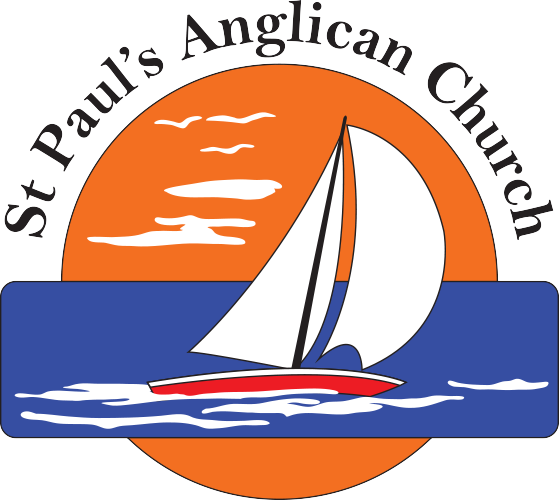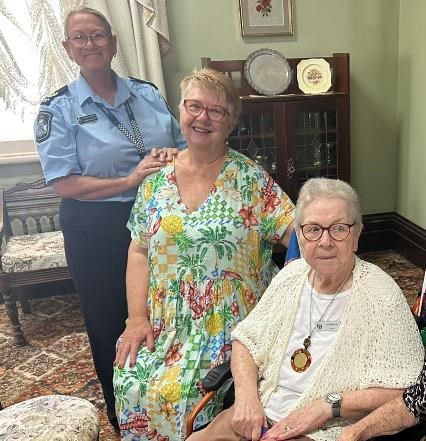In this issue:
- Addressing Elder Abuse
- Tips to protect yourself
- The Vicar’s Voice
- Lots of things coming up!
Engaged And Active At Any Age
Longtime MU member, St Paul’s parishioner and EM Tooth resident Ann Stannard proves that you can be an advocate and activist at any stage of life. Ann instigated the proposal to approach her daughter Amanda to organise initial contact with Detective Senior Sergeant Debbie Phillips, State Disability and Elder Abuse Coordinator for the Queensland Police Service.
This week, Manly Wynnum MU hosted a very important and useful workshop to hear all about Debbie’s work with the Queensland Police Service responding to the growing problem of Elder Abuse and some practical ways we can protect ourselves and those we love.
What is Elder Abuse?
If an older person is being harmed in some way by a person they trust, that’s elder abuse. It is common for elder abuse to be experienced at home, in places visited regularly, or where services or care are accessed. It is not uncommon for elder abuse to remain unreported, hidden and even unsuspected.
For example:
- Intimidation, humiliation or harassment
- Assulting or restraining someone
- Causing fear by threatening to hurt a pet or break belongings
- Unwanted sexual behaviour
- Threatening eviction or moving to a nursing home
- Blocking contact with family or friends
- Disallowing autonomous decisions
- Selling belongings without permission
- Misusing an Enduring Power of Attorney by taking money or property improperly
- Forcing WILL change
- Denying access or control of funds
- Disallowing help services
- Neglecting physical, medical or emotional needs.
Almost all cases of abuse in close or intimate relationships occurs with-in family relationships (95%). Sons and daughters (including in-laws) were almost equally reported as perpetrators, together accounting for close to three-quarters of cases (71.1%). Spouses or partners were recorded as perpetrators in 12.3 per cent of cases.
These are criminal offences and charges can be made under at least nine sections of the criminal code.
Many cases are unreported as the person does not want to get a family member in trouble or fears retaliation from the abuser. There may be loss of access to grandchildren, a deep sense of shame or fear of loss of support or independence or of being put in care. Often it’s a lack of knowledge of how to help. Source: Detective Senior Sergeant Debbie Phillips
Download the full newsletter below:

